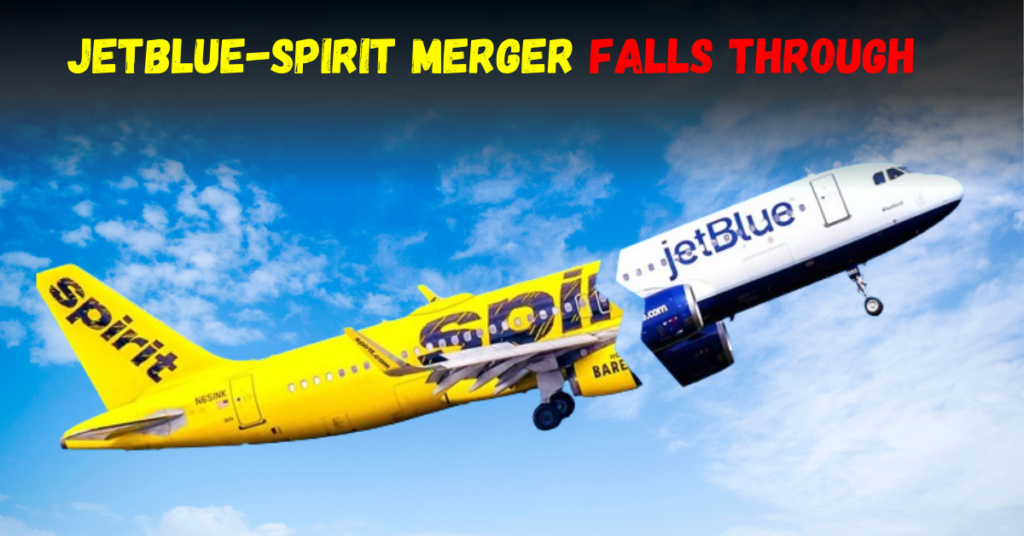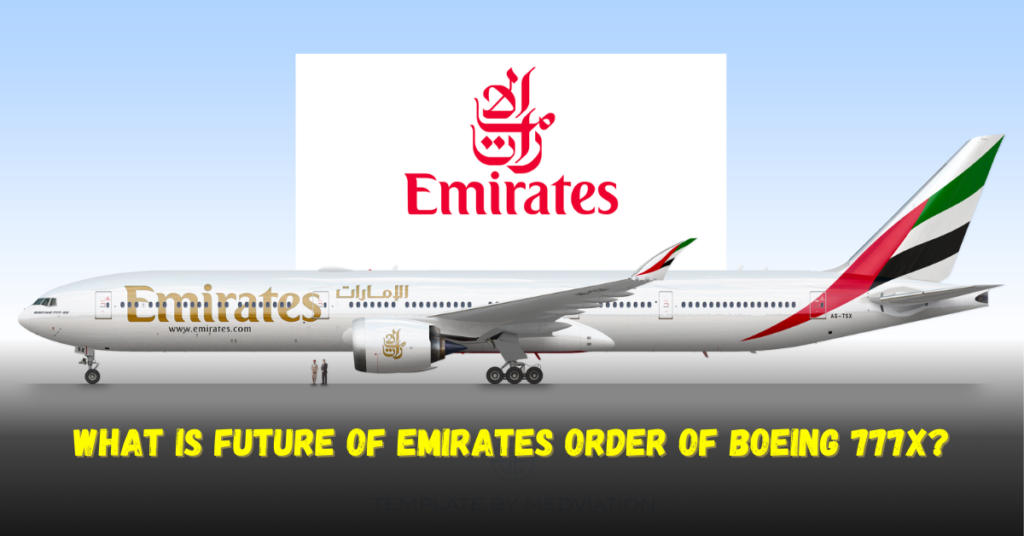
The road to merging two major airlines is fraught with regulatory hurdles, often proving to be a formidable challenge for even the most well-prepared companies. In the case of the JetBlue-Spirit merger, the process was no different. From the outset, both companies faced the daunting task of obtaining regulatory approvals from various government agencies, a process that proved to be more complicated and time-consuming than initially anticipated.
| Key Points |
|---|
| 1. Regulatory Hurdles: |
| – Antitrust concerns and regulatory scrutiny |
| – Department of Justice lawsuit and court ruling |
| 2. Impact on Industry Dynamics: |
| – Reevaluation of growth strategies |
| – Competitive landscape reshaping |
| 3. Lessons Learned: |
| – Importance of regulatory compliance |
| – Consumer impact and market competition |
| 4. Looking Ahead: |
| – Proactive engagement with regulators |
| – Safeguarding consumer interests |
Complexities of Antitrust Regulations
One of the primary concerns raised by regulatory bodies, such as the Department of Justice (DOJ), was the potential anti-competitive impact of the merger on the airline industry. Antitrust regulations are designed to promote fair competition and prevent monopolistic behavior that could harm consumers. In the case of the JetBlue-Spirit merger, regulators closely scrutinized the proposed deal to ensure that it would not result in higher fares or reduced choices for travelers.
Legal Battles and Courtroom Drama
The regulatory approval process took a dramatic turn in January 2024 when the DOJ filed a lawsuit to block the merger on antitrust grounds. This legal battle thrust the proposed deal into the spotlight, attracting widespread media attention and speculation about its potential outcome. For both JetBlue and Spirit, the courtroom proceedings represented a critical juncture in their efforts to secure regulatory approval and move forward with their merger plans.
Impact on Industry Dynamics: Shifting Sands
The termination of the JetBlue-Spirit merger has far-reaching implications for the broader airline industry, reshaping the competitive landscape and influencing the strategic decisions of other market players. As the dust settles on this failed merger attempt, industry observers are left to ponder the implications for future consolidation efforts and the competitive dynamics of the airline sector.
See More: Boeing 737 MAX Safety Under Scrutiny: FAA’s Audit Unveils Shocking Revelations
Re-evaluation of Growth Strategies
For JetBlue and Spirit, the termination of the merger deal necessitates a reassessment of their growth strategies and long-term objectives. Without the anticipated synergies and cost-saving opportunities that a merger would have provided, both companies must chart a new course for their future expansion plans. This may involve pursuing alternative strategies, such as organic growth, strategic partnerships, or targeted acquisitions, to achieve their business objectives and remain competitive in the market.
Competitive Landscape: Winners and Losers
The demise of the JetBlue-Spirit merger has implications for other players in the airline industry, reshuffling the deck and potentially creating new opportunities for some while posing challenges for others. While the “Big Four” airlines may breathe a sigh of relief at the prospect of facing one less competitor, smaller low-cost carriers may see this as an opportunity to gain market share and expand their presence in key markets previously dominated by JetBlue and Spirit.
See More: Analyzing the LATAM Airlines Boeing 787 Flight Incident: What Went Wrong?
Looking Ahead: Lessons Learned and Future Outlook
As the airline industry grapples with the fallout from the failed JetBlue-Spirit merger, there are valuable lessons to be learned and insights to be gained for both industry participants and regulators alike. The regulatory hurdles and legal challenges encountered during this merger attempt underscore the complexities and risks associated with consolidation in a highly regulated industry.
Regulatory Scrutiny and Compliance
Moving forward, airlines contemplating mergers and acquisitions must proceed with caution, taking into account the regulatory landscape and potential antitrust implications of their proposed deals. By proactively addressing regulatory concerns and engaging with relevant stakeholders, companies can increase their chances of obtaining approval for their merger plans and navigating the complex regulatory environment more effectively.
Consumer Impact and Market Competition
At the heart of the regulatory scrutiny surrounding airline mergers is the impact on consumers and the broader competitive dynamics of the market. Regulators must strike a delicate balance between promoting competition and ensuring consumer welfare, weighing the potential benefits of consolidation against the risks of reduced competition and higher prices for travelers. As the airline industry continues to evolve, regulators must remain vigilant in their oversight and enforcement efforts to safeguard the interests of consumers and promote a competitive marketplace.
In conclusion, while the termination of the JetBlue-Spirit merger may represent a setback for the companies involved, it also provides valuable insights into the complexities of airline consolidation and the regulatory challenges inherent in such endeavors. As the industry adapts to the changing dynamics and navigates the uncertain terrain ahead, the lessons learned from this failed merger attempt will undoubtedly shape future strategies and approaches to growth and expansion in the ever-evolving airline industry landscape.
Thanks for Visiting Us In Focus!
For DMCA complaints, please visit our DMCA Form / Report Content
Follow us on other platforms as follows:
Facebook – https://www.facebook.com/usinfocus
X (formerly Twitter) – https://twitter.com/usinfocusdotcom


